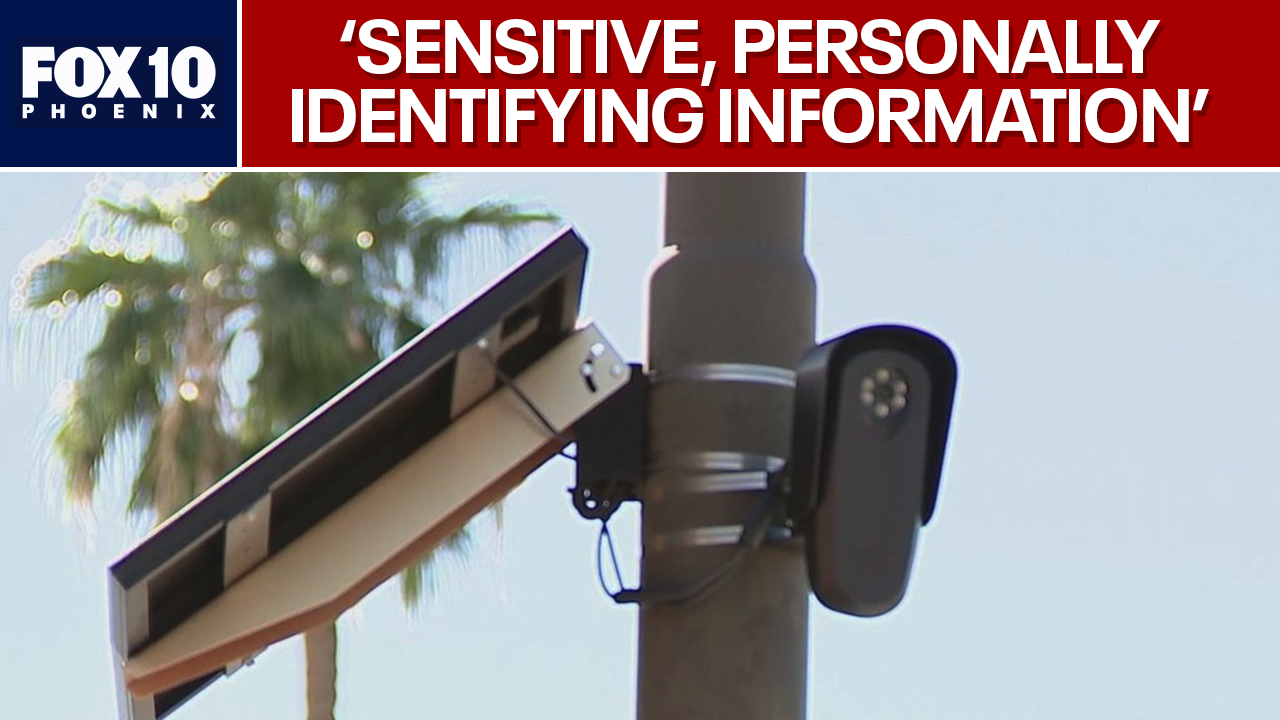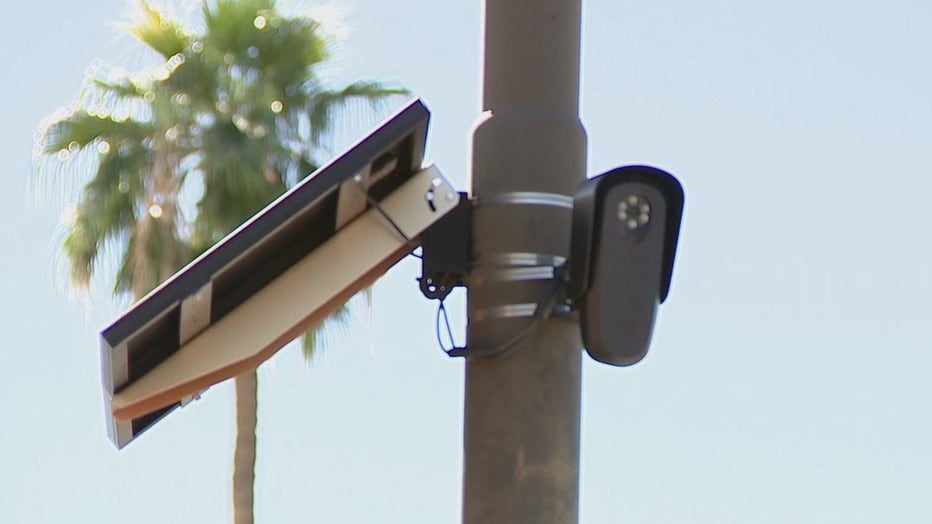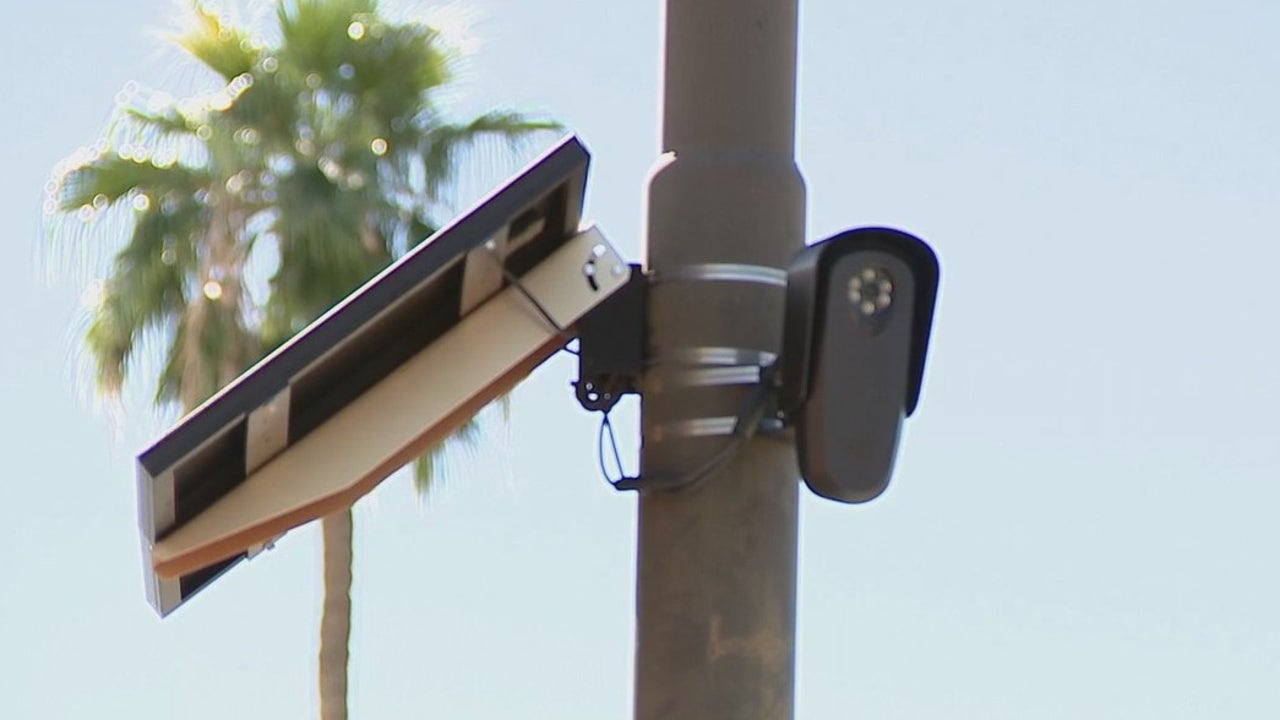
TEMPE, Ariz. – Residents are voicing alarm over a growing network of Flock Safety surveillance cameras across the Valley, which they fear compromise personal privacy by constantly collecting and sharing vehicle and driver data.
What we know:
The Flock cameras, described as a rapidly growing artificial intelligence surveillance network, capture data on every passing car—including make, model, license plate, and even bumper stickers—not just when a crime occurs. Critics say this information is shared not only with law enforcement but potentially with private companies and employers who subscribe to Flock’s services.
“This is a clear abuse of our sensitive and personally identifying information,” said Tempe resident and City Council candidate Bobby Nichols during a public comment session before the Tempe City Council. Nichols, who has lived in Tempe for 25 years, is calling attention to the numerous cameras in the city and pushing for the contract to end.
Katelynn Contreras, an ACLU Arizona policy strategist, stated the data can be used to track an individual’s schedule, including visits to medical or religious institutions.
Flock disputes the claim that it sells data without customer consent. However, critics worry about where personal information ends up when police departments and businesses are the customers.

Flock Safety camera in Tempe
Dig deeper:
The company has pointed to its utility in solving crimes, citing an example where agencies collaborating with Homeland Security in Michigan used the system to break up an online child sex trafficking ring.
However, Nichols countered with reports of data misuse, citing a case where he claims Texas authorities used Flock’s database to track a woman who sought an abortion out-of-state. Flock disputes this, stating its system was used in that case to assist a missing-person investigation, not abortion enforcement.
A major concern among citizens is the lack of transparency, especially given reports that Flock has partnered with Ring doorbell cameras, further expanding its database. While some Valley cities have opted out of sharing the collected data, critics fear a backdoor allows subscribers, including Immigration and Customs Enforcement (ICE), to access millions of unaware peoples’ personal information.
“So it’s a real concern of who is accessing data that is stored by Flock and for what reason. It’s a real concern on our right to privacy,” Contreras said.
The city of Tempe, in an email statement, defended the system, saying: “The data collected is secure, confidential, and automatically deleted after 30 days unless it is part of an active investigation. To maintain community security, the number and locations of these cameras are kept confidential.”
What’s next:
Citizen groups and Nichols are currently trying to place the discussion on the City Council agendas in Tempe and Scottsdale.
Artificial IntelligenceTempeNews
